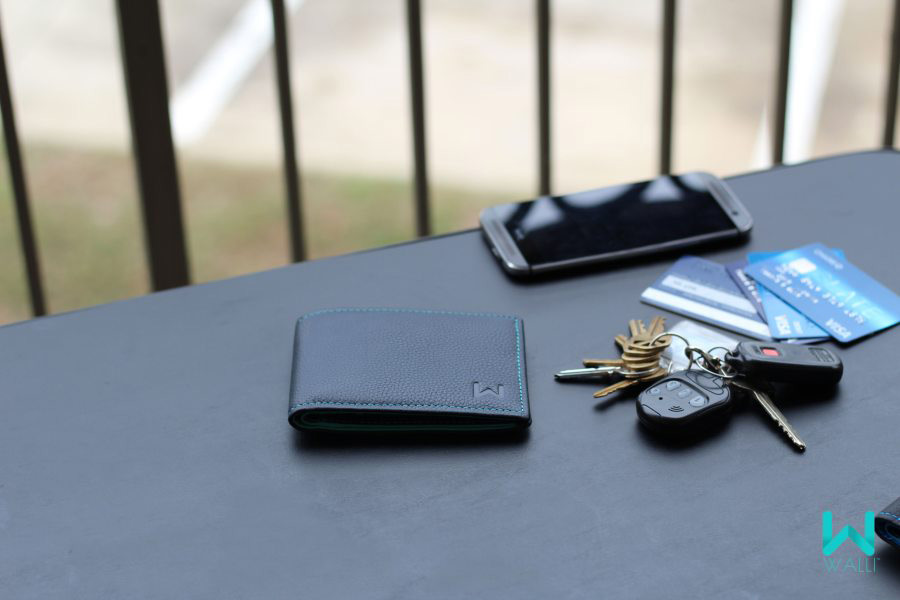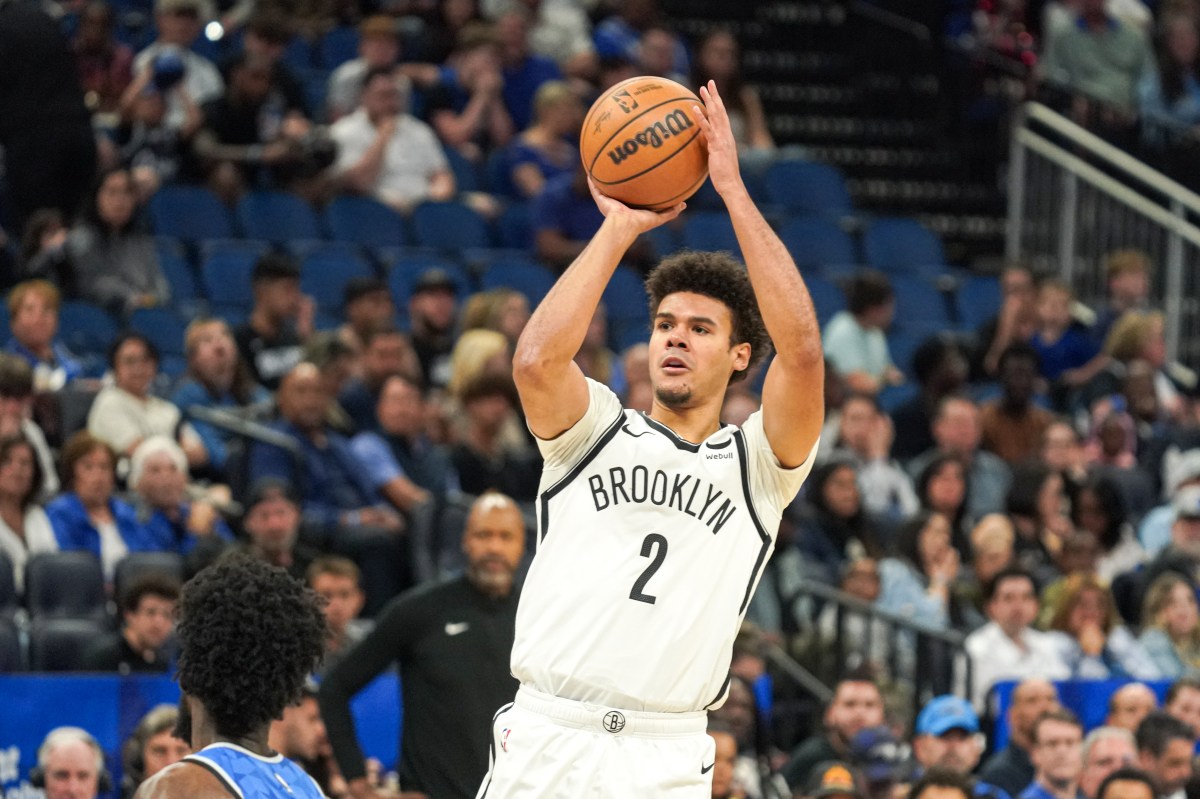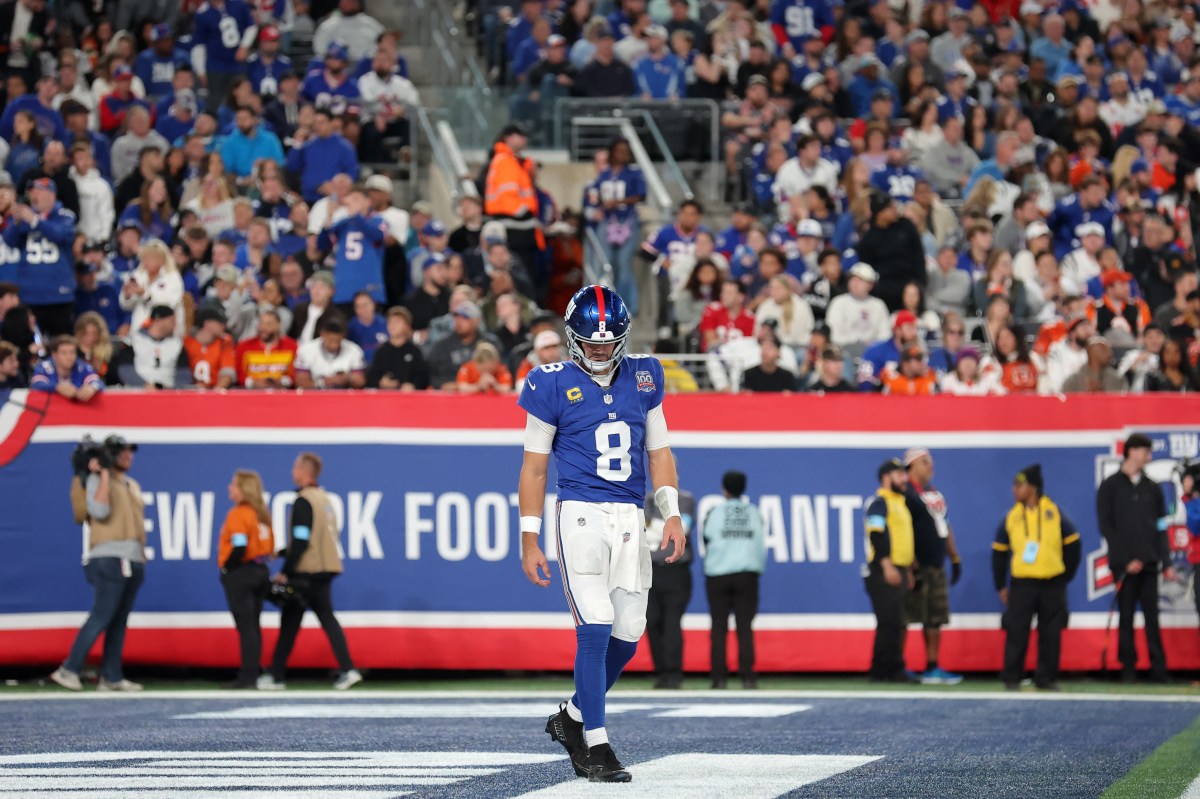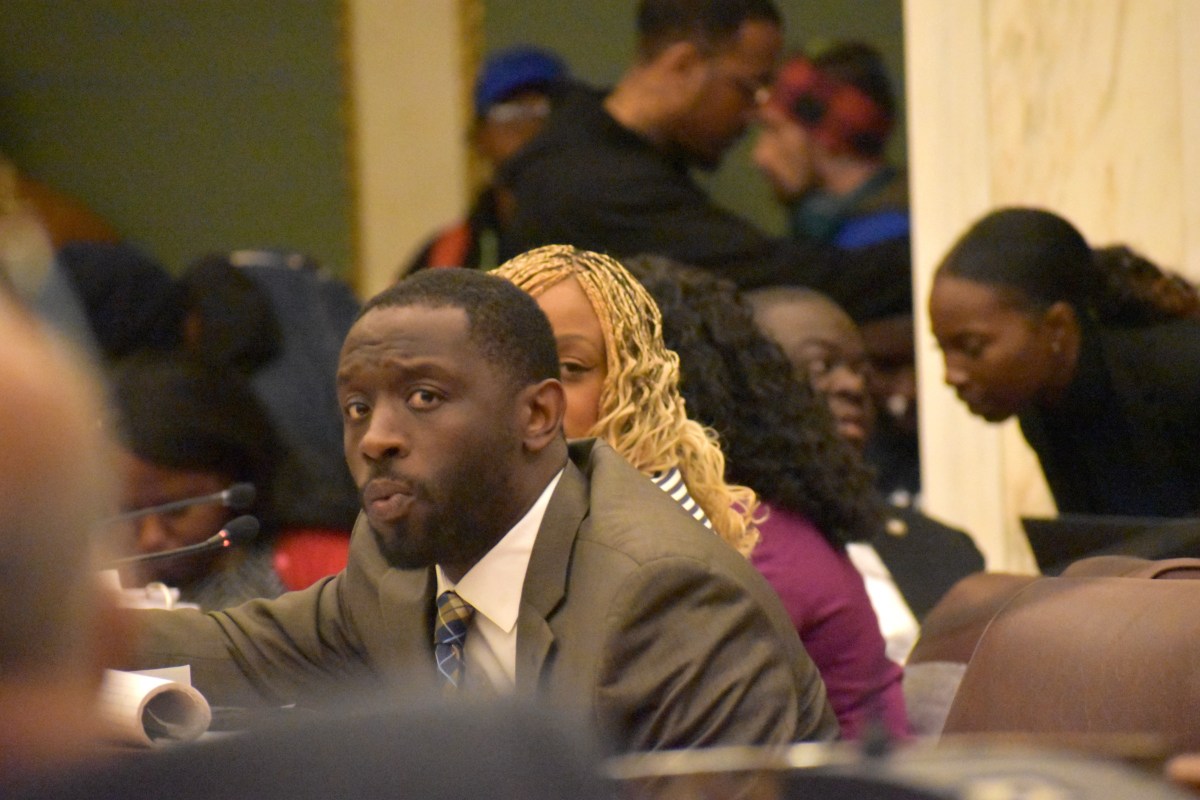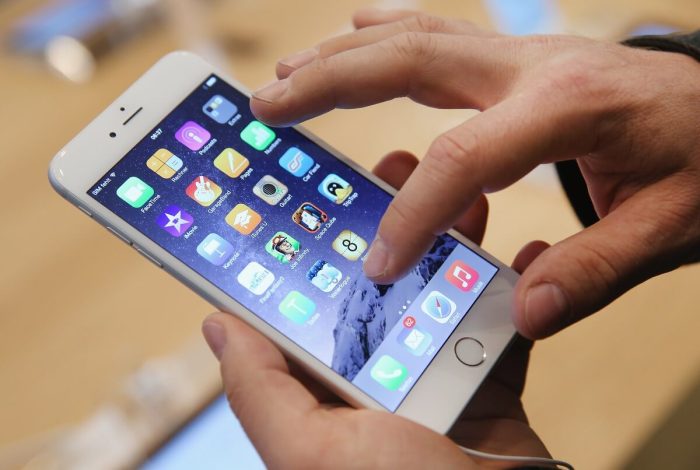Not only is misplacing your phone and wallet incredibly irritating, but it also feels like you’re prematurely losing your marbles.
Walli, the world’s first smart wallet, is an interactive system that works between your phone and your purse; if you lose the gadget, your phone sends a notification and if your phone is missing, just tap the wallet twice to automatically ring your cell. The device – created by the U.S.-based company Walli Wearables – which works through Bluetooth, notifies its owner when they’re too far from their phone and can even keep tabs on possessions, like a passport and ID. Company founder Tahsin Alim explains how Walli could put an end to hours of searching for your lost valuables. Tell us a bit about your product. What is Walli and what kind of impact will it have on your industry?
Walli is the world’s first comprehensive, secure, and smart wallet. It connects to your smartphone and sends you an instant notification, should you accidentally leave Walli behind. It can also alert you should you forget your credit card somewhere. So, no more lost wallets or misplaced credit cards. With all the available gadgets designed to keep you on track, there’s no earthly reason why your wallet has to remain an antiquated commodity. As the first of its kind, Walli is going to revolutionize the wallet industry. RELATED:‘Athena’ wearable device claims to combat sexual assault How does this device work?
Walli connects to your smartphone over Bluetooth. Once connected, the Walli app will display a notification on your phone once you get too far from it. With our patent pending technology, Walli pockets are smart and send signals to your phone when your credit card or ID is missing for too long. You can set a timer, so the app will notify you about the missing card pocket. Also, the owner doesn’t need to worry about the battery dying, with a single battery lasting up to six months and can be easily replaced. How did you come up with the idea for your product?
The idea had been in my head for quite some time. In fact, it all started back in college when a few of my fellow colleagues and I actually made a prototype that worked. Unfortunately, the technology at the time was prohibitive to creating a product that could feasibly be part of daily life – and I just didn’t have the right resources to execute an actual plan. The advancement of Bluetooth Low Energy, in just the last few years, finally enabled the further development of Walli into something that would not otherwise have been possible. Having employment after graduation with a source of income also helped. It felt like a long wait and was a bit frustrating, but in hindsight, the delay was a good thing because it gave me the opportunity to develop multiple iterations of the original idea to come up with the perfect solution. Tell us a bit about yourself. Who are you and what do you do?
Electrical engineer, entrepreneur and perfectionist. Not necessarily in that order, but all interrelated. I also do a great deal of traveling. I seem to be on a mission to visit each of the United States – I’m halfway there. And I’ve witnessed a lot of wallets go missing. What made you decide to go with crowdfunding (or venture capital)?
I think that crowdfunding is the best way to validate a new idea or a new concept for a product. Although you might think you’ve come up with something brilliantly revolutionary that the world will be banging down your door to acquire, your own personal excitement about it can act as a blindfold. With crowdfunding, you get a good sense of how many people would realistically be willing to pay you for your brilliance. Thanks to the support from the crowdfunding community, Walli came to life. Where do you see your company or your company’s focus in one to two years?
We are constantly working on expanding our product portfolio; however, for the imminent future, we would like to focus on our core business until we see it expand into retail. From there, we have no visions of the evolution of Walli ever stopping. Any tips for aspiring entrepreneurs on how to facilitate a successful financial campaign?
Analyze the market first and ask yourself the hard ego-testing questions. Why should people buy your product? How do you plan to find your customers? How can you separate yourself from the competition?. Most importantly, believe in your product. It’s your brain-child – nurture it. – By Daniel Casillas
‘Walli’ is the smart wallet that keeps track of your goods
